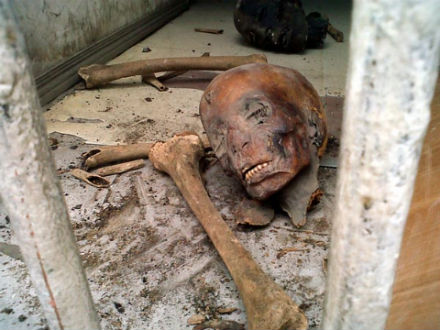More than a week ago, the streets of Egypt shrieked with violence and protest against former President Mubarak. But what happened at the Cairo Museum upset many people.
Looters broke into the museum and vandalized several artifacts from the Tutankhamen collection on January 22, 2011.
“This is not just tourists’, this is not for the Westerners to come visit and pay money to get into the museum,” said Richard Freund, Director of Maurice Greenberg Center for Judaic Studies. “The antiquities of Egypt belong to the Egyptian people.”
It takes thousands of years for an artifact to survive for the entire world to view. And yet, whenever conflict arises, relics such as this one are the most vulnerable to looting.
“They sell them. And, to them they’re saying “I’m feeding my family.” That’s something good but, what they’re really doing is they’re robbing a cultural legacy.”
A cultural legacy that has flourished for six millennia… Egypt gained its momentum when archaeologist Howard Carter discovered King Tutankhamen’s tomb in 1922.
“Their cultural legacy is what people go to Egypt to see,” asserts Freund. “Just to be able to see history like this is very important to students. And that’s what makes the crime of breaking into the Cairo museum so troubling. It’s because these are the things that gave people’s lives meaning in antiquity. And they still—when you go to a museum and experience them they give your own life meaning even today.”
Instead of going to Cairo, people can experience Egypt at the University of Hartford’s Maurice Greenberg Center for Judaic Studies. Among other discoveries, National Geographic will hold a screening of “Finding Atlantic,” a documentary that tracks the archaeological search for the lost city. The event will be held at the University’s Wilde Auditorium on Wednesday, March 9, at 7 p.m. National Geographic Channel will air the documentary on Sunday, March 13, at 9 p.m.ET/PT.

